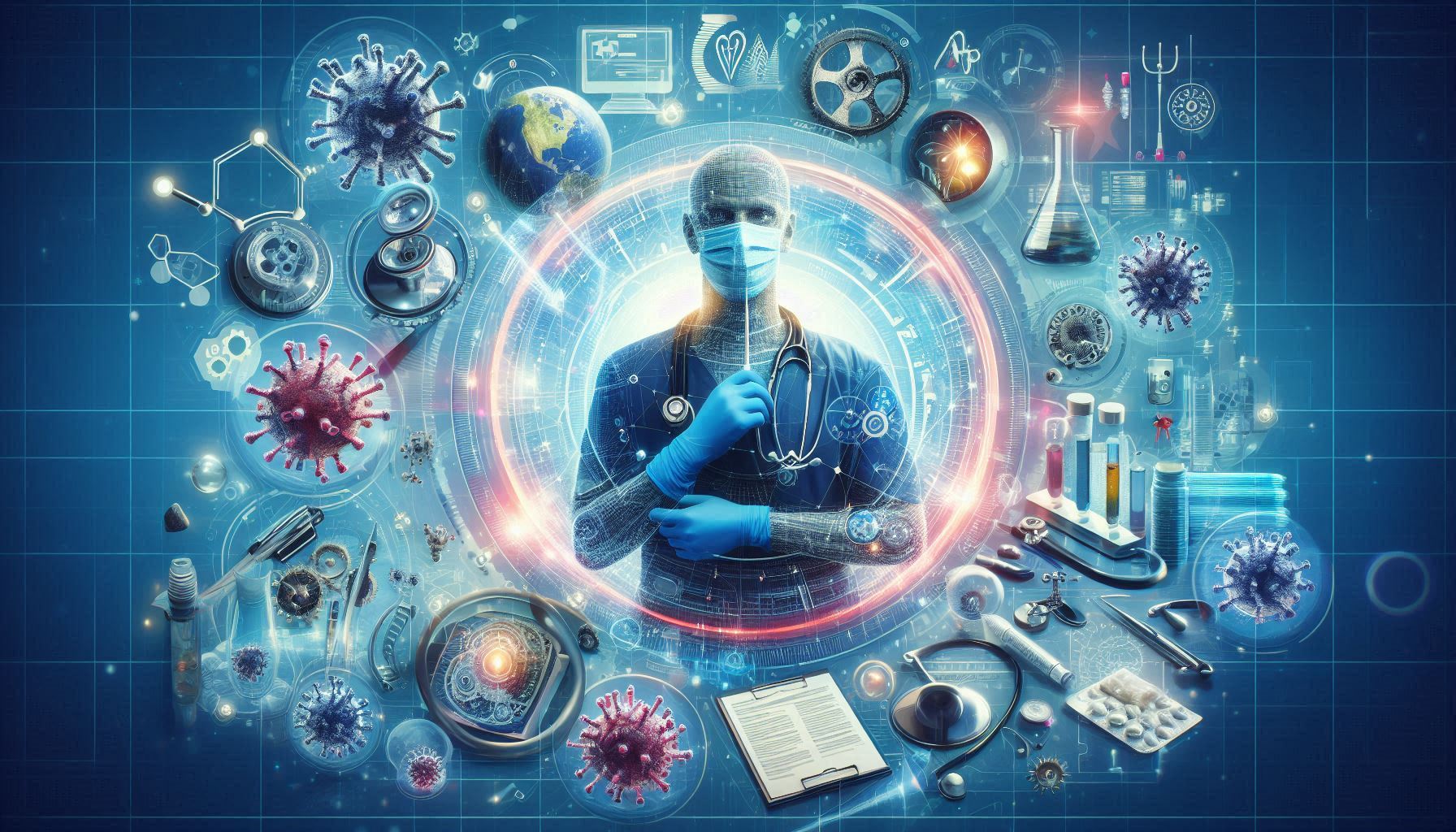Med-Tech in the Post-Pandemic Era: Transformation and Challenges
The COVID-19 pandemic has been an unprecedented test for global healthcare systems, exposing their structural weaknesses while also catalyzing the dynamic development of medical technologies. Here are the major transformations and challenges:
Telemedicine as the New Standard
The pandemic has revolutionized healthcare approaches, catapulting telemedicine from a niche to the mainstream. The surge in popularity of video consultations, remote patient monitoring, and e-prescriptions represents lasting changes that will optimize access to specialists and reduce care costs12.
Artificial Intelligence as a Game Changer
AI has proven its value in combating the pandemic, supporting COVID-19 diagnostics, epidemiological data analysis, and pandemic development prediction. This has accelerated AI integration in medicine, opening new possibilities in treatment personalization, automation of diagnostic and therapeutic processes, and innovative drug development39.
Internet of Medical Things (IoMT) as an Integral Part of the Ecosystem
Wearable devices such as smartwatches and sensors have gained importance as tools for monitoring patient conditions, both in the context of COVID-19 and chronic diseases. The development of IoMT is a strategic direction that will enable precise and personalized care, as well as generate valuable research data4.
Reshoring and Supply Chain Diversification
The pandemic revealed gaps in global supply chains, forcing Med-Tech companies to reevaluate their sourcing strategies. The trend will be towards source diversification, production regionalization, and investments in local manufacturing capabilities to increase resilience against future crises.
Challenges Facing the Med-Tech Industry
The acceleration of medical technology development generates new challenges that require a strategic approach:
- Data Security and Privacy: With the growth of telemedicine and IoMT, patient data protection becomes critical. Med-Tech companies must invest in cybersecurity, implement encryption protocols, and ensure compliance with regulations such as GDPR and HIPAA8.
- Legal and Ethical Regulations: The dynamic development of technology requires flexible and adaptive legal frameworks that ensure patient safety and promote innovation. Developing ethical standards for AI and medical algorithms is crucial to avoid potential abuses and discrimination9.
- Funding Model and Accessibility: Implementing new technologies generates high costs. Med-Tech companies must develop sustainable business models that allow them to offer innovative solutions at affordable prices10.
- Education: Introducing new technologies requires educating patients and medical personnel. Building trust in AI and telemedicine, as well as overcoming resistance to change, is key7.
Development Prospects
The future of Med-Tech is a dynamic landscape where innovations will shape the future of healthcare. We can expect further development in:
- Precision medicine: Based on genomic data analysis and personalized therapies.
- AI-based diagnostics: Enabling early disease detection and precise prognosis.
- Robotics and automation: In surgery, laboratory diagnostics, and patient care.
- Blockchain technology: To ensure security and transparency of medical data.
Strategic partnerships between Med-Tech companies, research institutions, doctors, and patients will be crucial in jointly shaping the future of healthcare, based on innovation and patient-oriented needs. An example of such partnerships are technology clusters like the Global Innovation Cluster (http://www.innoglobal.org)







